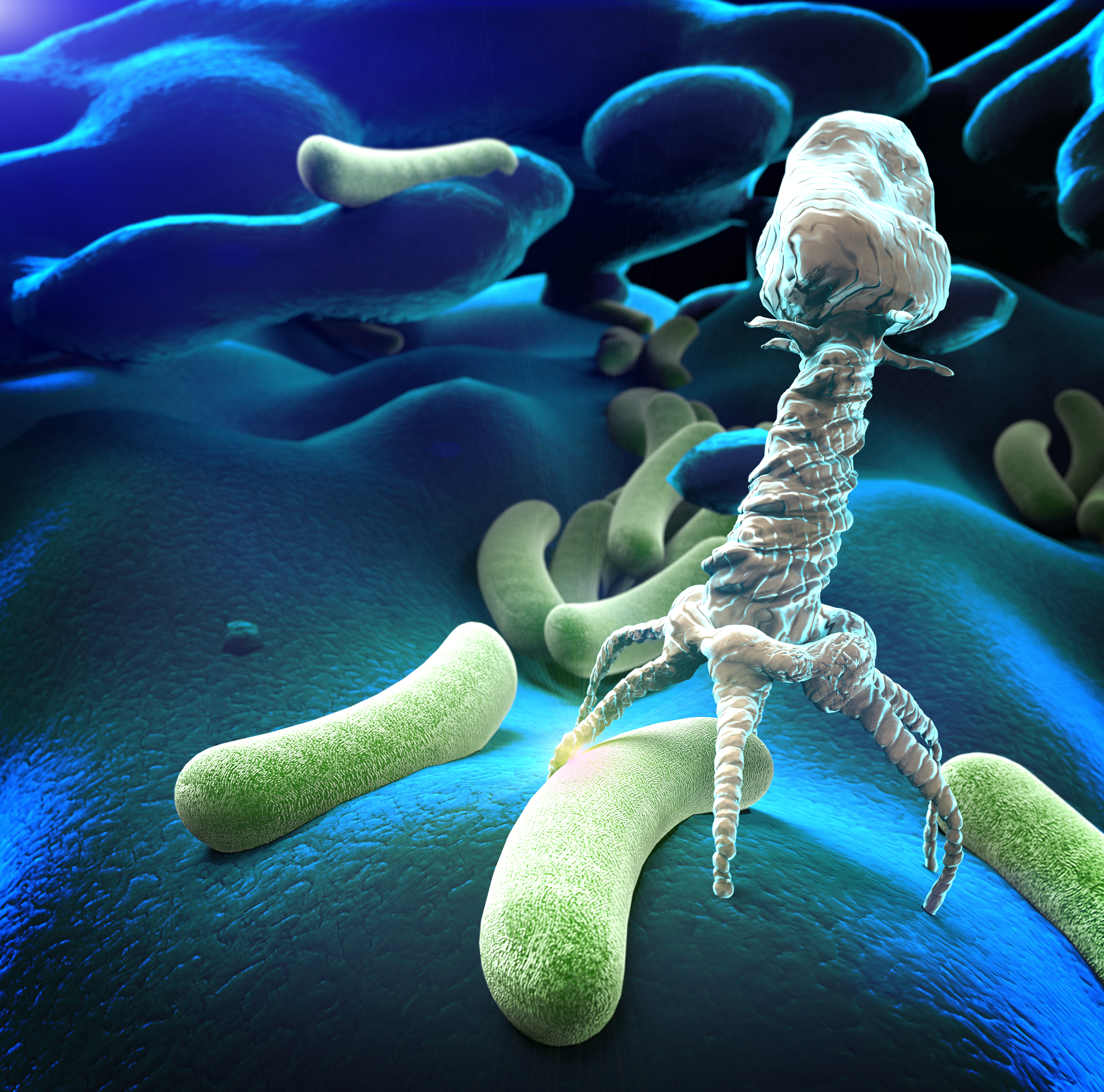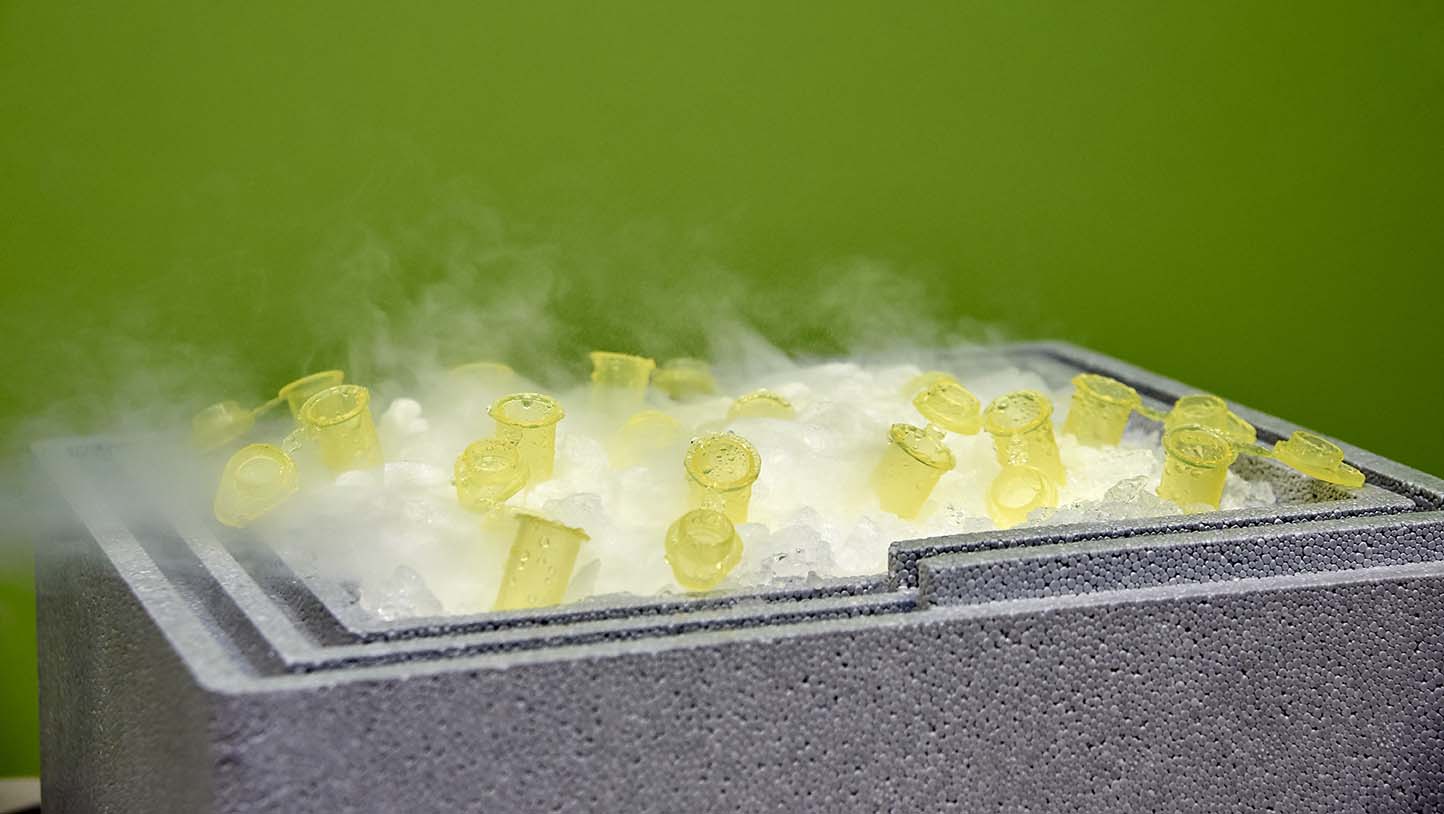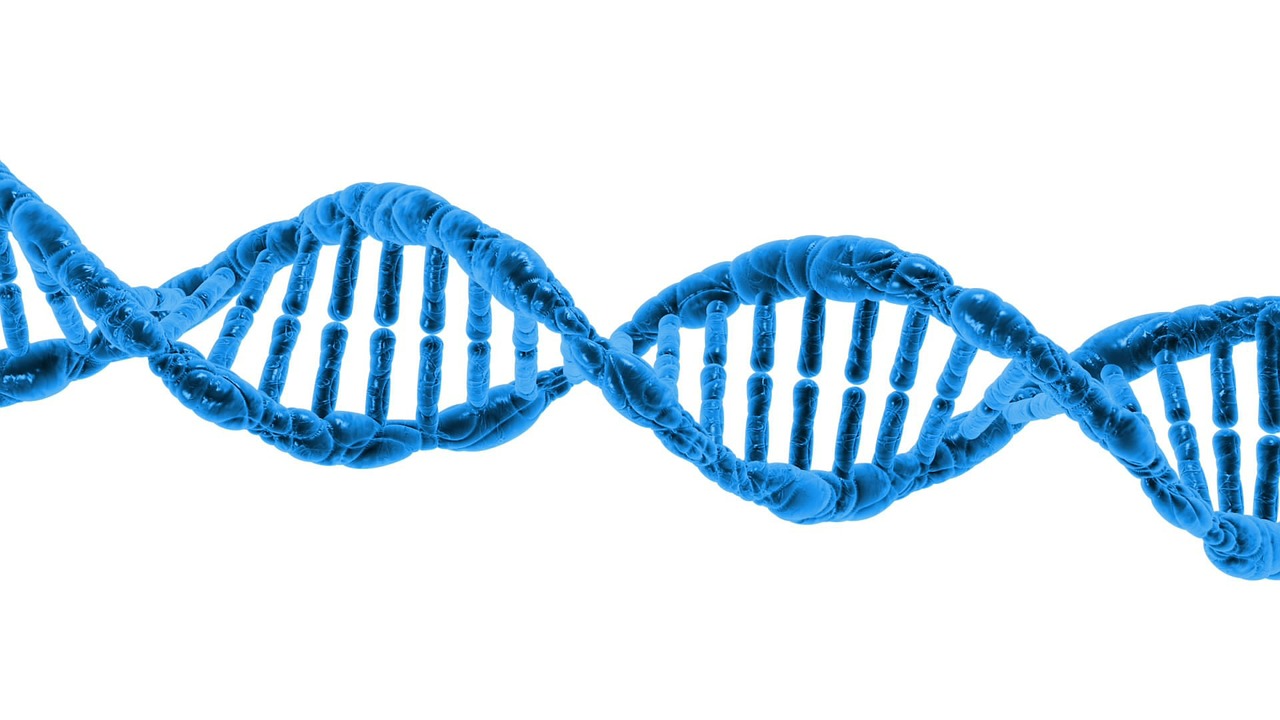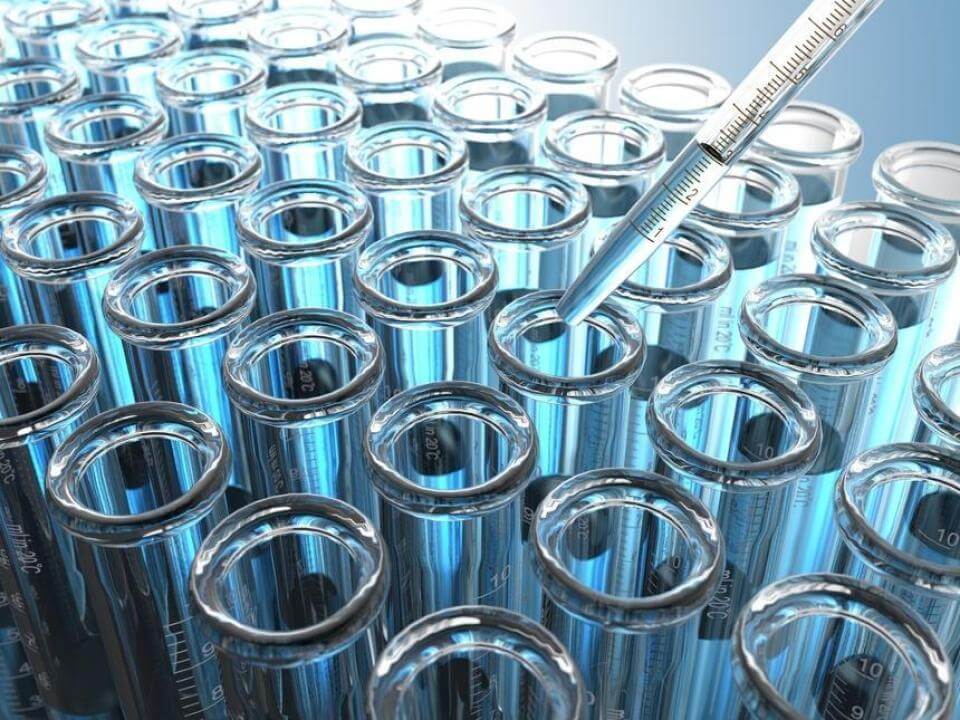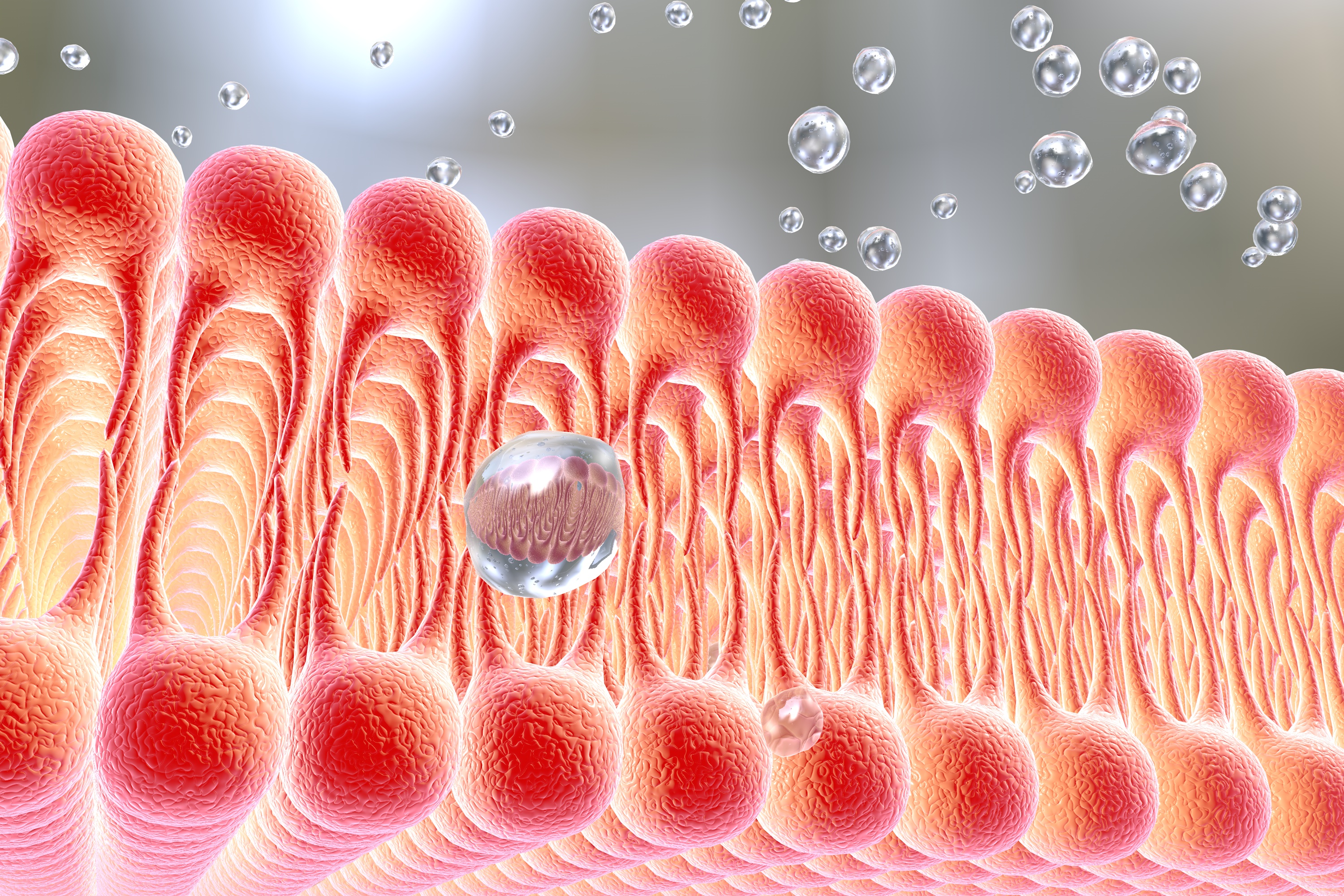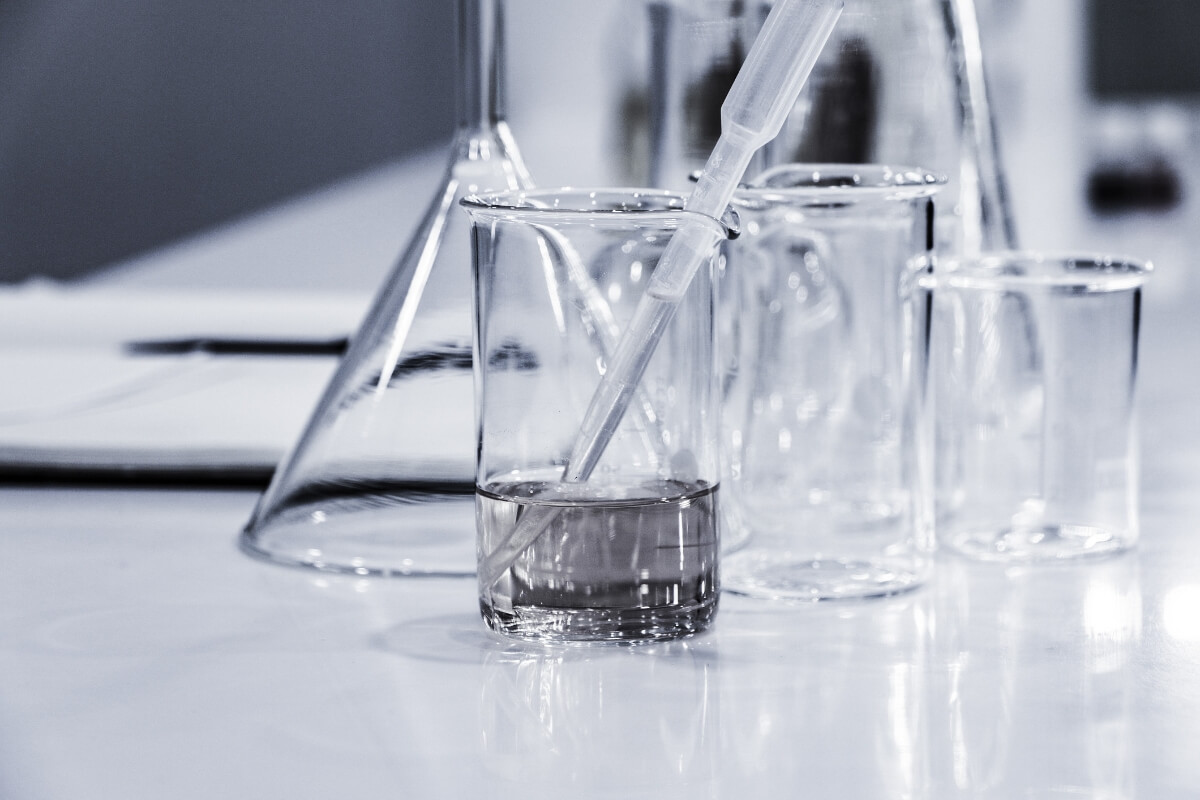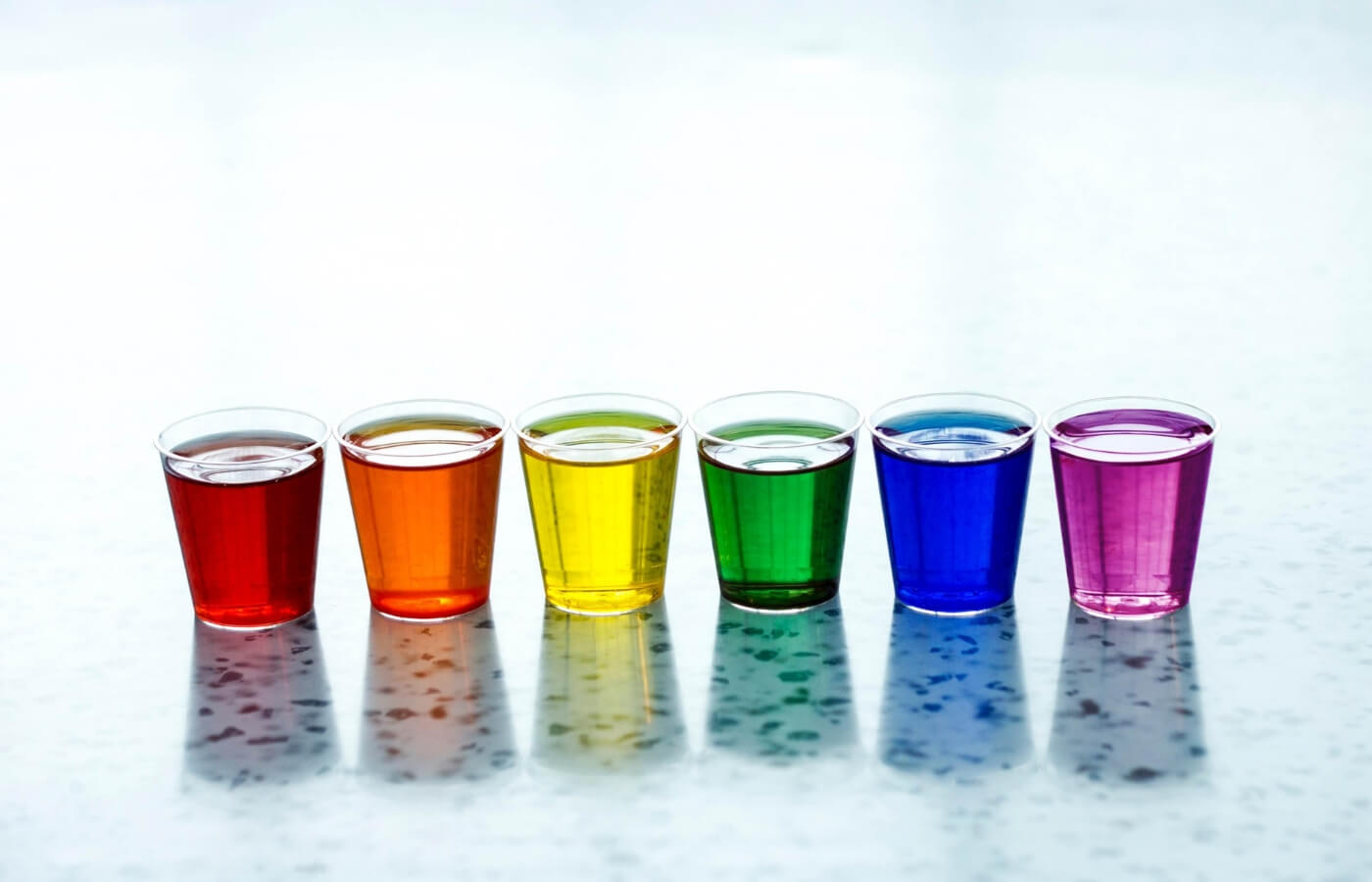The open nature of cell-free systems allows the production of protein complexes much more easily than with in vivo systems.
Bruno Tillier

Recent Posts
Mythbusting #9 : “Cell-free systems do not produce functional protein complexes"
Topics: Cell-free technology
Mythbusting #8 : “Cell-free systems are complex; hence the increased uptake in recent years of cell-free kits.”
The wide availability and convenience of cell-free kits has led to their increased use over the last few years.
Topics: Cell-free technology
Mythbusting #7 : “Cell-free systems only work with plasmids”
Topics: Cell-free technology
Cell-free protein synthesis systems: the best chance for your project to succeed !
Topics: Cell-free technology
Mythbusting #6 : “Cell-free systems are not compatible with Good Manufacturing Practices (GMP grade).”
Topics: Cell-free technology
Mythbusting #5 : “Cell-free systems deliver low expression yields.”
Topics: Cell-free technology
Mythbusting #4 : “Cell-free systems only use bacterial extract.”
Escherichia coli (E. Coli) is the most popular cell extract source for cell-free expression systems. However, extracts from wheat germ, rabbit reticulocytes or insect cells are also commonly used. Other mammalian cell lines are also more recently used for cell-free protein biosynthesis. Since they present different properties and advantages, the source of cell extract will be selected according to the properties of the protein to synthesize, such as the need for post-translational modifications, and other constraints, like yield, costs or convenience of cell extract preparation (Carlson et al., 2012; Casteleijn et al., 2013, Zemella et al., 2015).
Topics: Cell-free technology
Mythbusting #3 : "Cell-free systems are not suitable for large-scale industrial applications"
Topics: Cell-free technology
Mythbusting #2: "Cell-free systems are slower than an E.coli cell-based system"
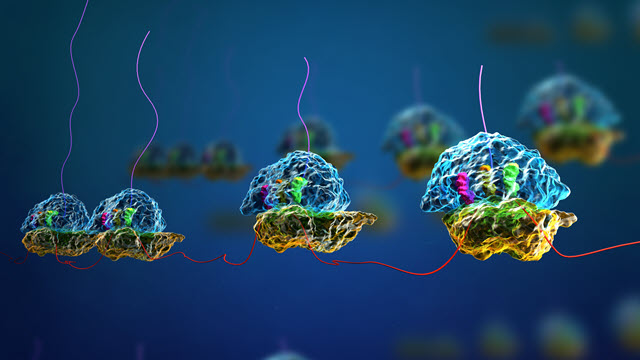
The E. coli expression system is well-established, and its ability to produce large amounts of protein in a limited time is advantageous when compared to other expression systems, such as eukaryotic systems for which 3 or 4 weeks lead time are required.
Topics: Cell-free technology
Mythbusting #1: "Cell-free systems are only relevant for membrane proteins"
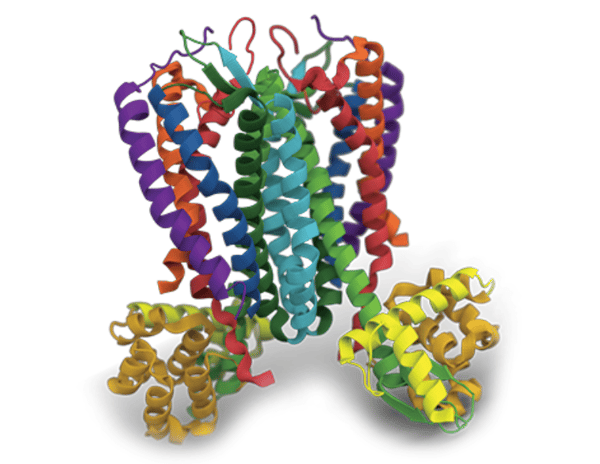
Cell-free expression system offers advantages over cell-based expression systems for difficult-to-express proteins, not only for membrane proteins, but also for proteins with multiple disulfide bonds or cytotoxic proteins, for example.
Topics: Cell-free technology


